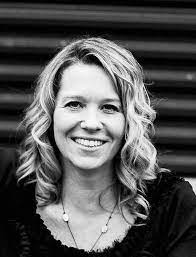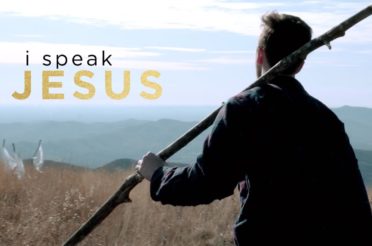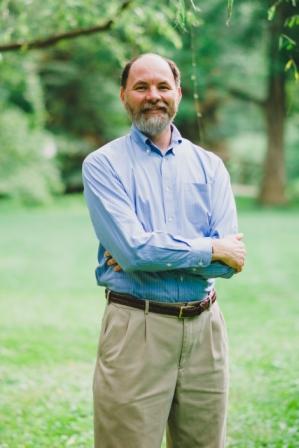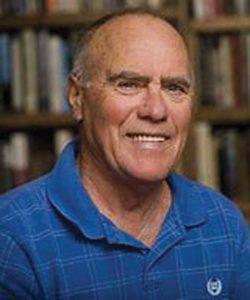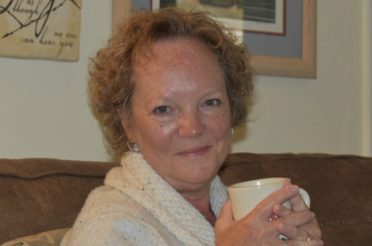By Roger Barbee
On a recent evening, my wife and I were sitting on our screened porch watching another hot, summer day simmer to an end over Lake Norman. A CD of the number one songs by Johnny Cash helped our mood as the worn disc moved from favorite song to favorite song . However, like many things we think we know, I was surprised by a line in one of the songs, a song I know the “history” of and have enjoyed. The line that I seemed to fully comprehend for the first time and that engendered my thinking is, “’Cause there’s something in a Sunday/ Makes a body feel alone…”
In his mournful song, Sunday Mornin’ Comin’ Down, Kris Kristofferson writes of a Sunday morning in which a man suffering a hangover tries to make sense of the world. Drinking two beers to help his hangover, he puts on his “cleanest dirty shirt” and goes outside to witnesses the world begin another Sunday—all with him as observer, not participant. Crossing an empty street he smells chicken being fried and laments, “And it took me back to somethin’/ That I’d lost somehow, somewhere along the way.” He continues on his journey to nowhere and with no one by his side.
Perhaps the song is a memory of Merton College in Oxford where Kristofferson studied as a Rhodes Scholar; maybe it is a story of one of the long nights/mornings he spent as a struggling artist in Nashville during the late 1960’s; or it could be just an anecdote he heard. Whatever! the narrative captures the misery of a life ill spent in whole or parts, but still resulting in regret.
In Thoughts in Solitude Thomas Merton writes, “Violence is not completely fatal until it ceases to disturb us.” Now, we all know (or should) that violence comes in many packages, but no matter how it is wrapped, violence leaves wounds. And the fatal violence Merton writes of is often the result of uncontrolled anger, an addiction, or some other evil cause. Kristofferson is writing of alcoholism and when that violence in a bottle becomes the ordinary of a life it ceases to disturb because it is what has become normal. Then, often too late, the addict becomes like the narrator in the song who smells frying chicken and remembers something lost along the way. That “something” is likely a person or persons and on a Sunday morning all the narrator can do is to numb himself with alcohol and suffer through another day of regret.
On my desk sits a black and white photograph taken in the front yard of my paternal grandparents. The poplar trees in the background are bare, but I know it is Easter Sunday because two cousins knelling in front of the photograph hold their Easter baskets. My younger brother and sister stand with me and an older sister. Behind my brother is our father who wears a suit jacket, opened-collared shirt, and is looking toward the camera, but his face is full of shadow. The photograph is important for me because our father seldom shared Sundays with us and my two older sisters who are not in the photograph. Years before he had deserted us and our mother, but he is present this day because his parents and siblings had gathered for Easter Sunday. And for whatever reason he posed for the photograph, a stranger standing with his children.
The father in the photograph would understand Kristofferson’s song because he was like the narrator—a man trying to make sense of the world as seen through the violent haze of alcohol. He would keenly understand how a familiar smell could trigger a memory of something that he had lost “somehow, somewhere along the way.” He would intimately know the loneliness of Sundays, even a special one like this Easter Sunday. But I wonder if the shadow covering his face in the photograph is not a forewarning of the shadow he would feel later after his children had walked to their mother’s home, and he returned to “somewhere along the way.”
